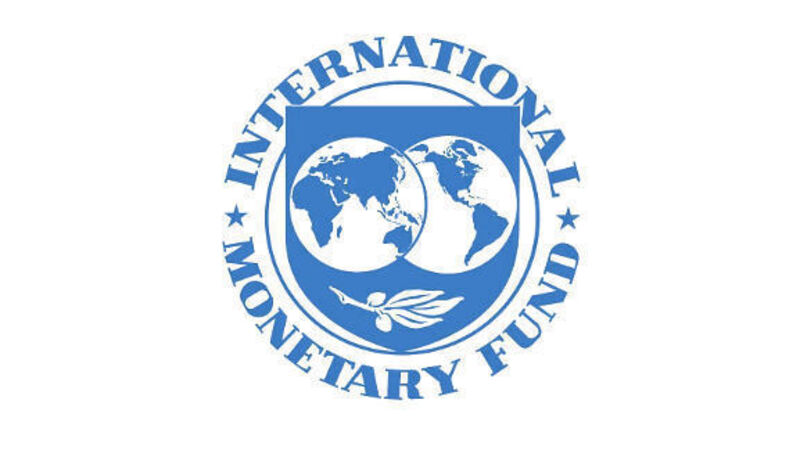IMF warns countries over threat of ‘low-flation’

While Europe is most exposed to the risk of a sustained period of ultra- low inflation, the US Federal Reserve also saw its preferred gauge of price changes remaining below its 2% target for almost two years.
The IMF has termed such developments “low-flation” and is calling on countries to take action to stop it reducing governments’ ability to repay debts. “In most countries, persistently high debt ratios continue to cast shadows over the medium term,” the Washington- based IMF said in its Fiscal Monitor report released yesterday.
















